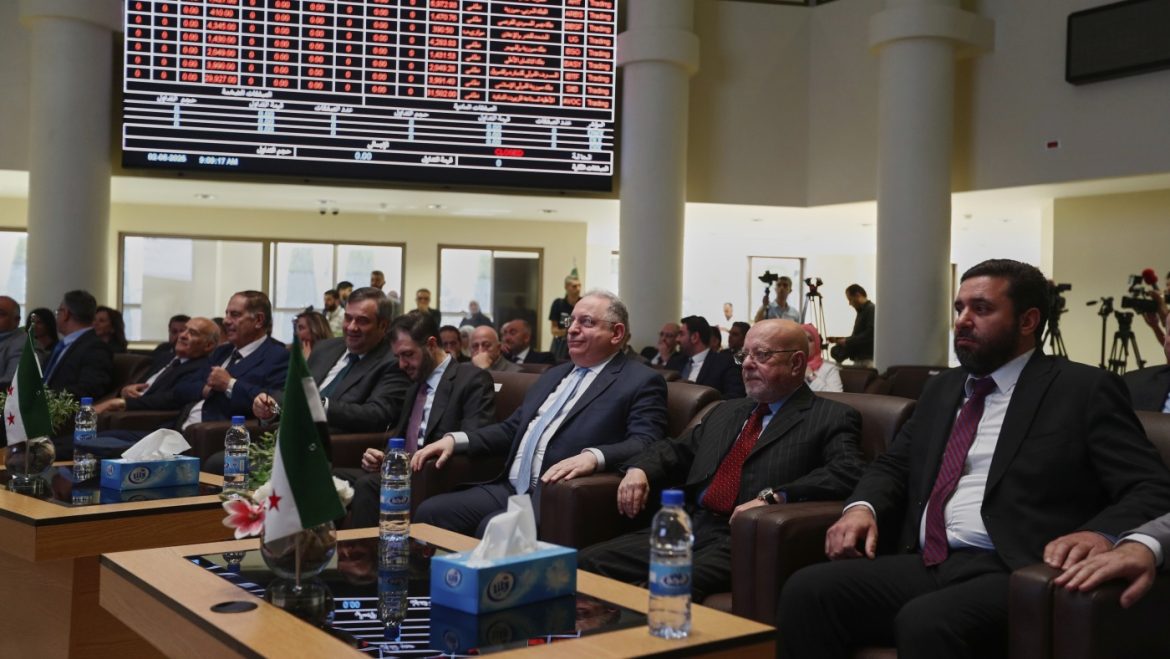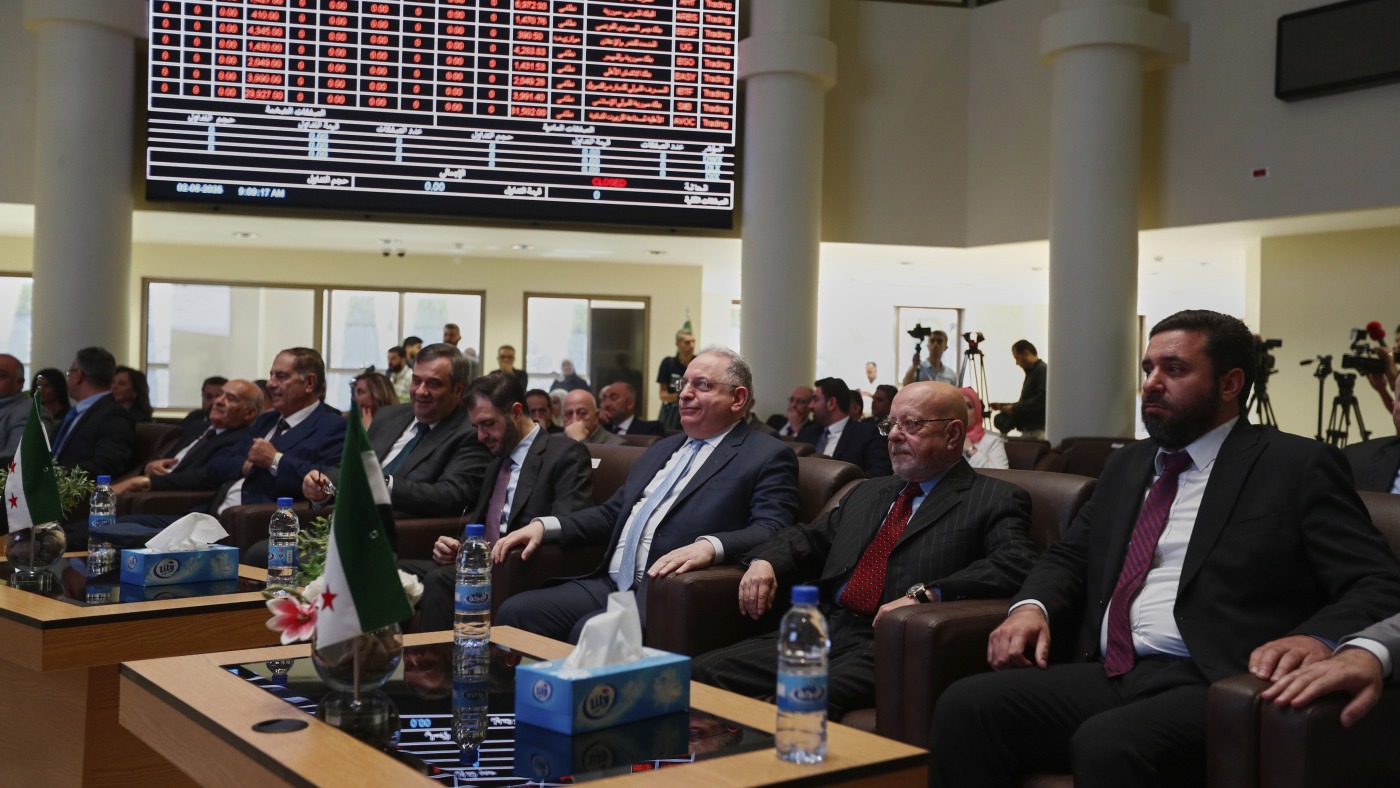As Syria Rebuilds: The Reopening of the Damascus Stock Exchange
The reopening of the Damascus Stock Exchange signals an important milestone in Syria’s ongoing efforts toward economic recovery and reconstruction. This development marks a tangible step as international restrictions on Syria’s financial system begin to relax, enabling the country to reconnect with global financial markets. The reopening itself is both symbolic and practical, indicative of broader shifts in geopolitical dynamics and economic policy.
Context of the Reopening
Syria’s financial sector has long been crippled by years of conflict, war-induced sanctions, and isolation from international markets. The Damascus Stock Exchange, shuttered amid these challenges, now serves as a barometer of Syria’s tentative progress toward stabilization. The easing of sanctions by major actors such as the United States and the European Union last month has facilitated this reopening, reflecting calculated international assessments that Syria is gradually shifting toward reconstructive phases despite ongoing uncertainties.
Economic Implications
The reactivation of the stock exchange could stimulate domestic investment by providing a platform for capital raising and liquidity. This could encourage entrepreneurship, business expansion, and revitalization of industries crucial for rebuilding infrastructure and services. The stock exchange’s operation may also attract foreign investors willing to participate cautiously in Syria’s market resurgence, providing much-needed financial inflows.
However, challenges remain. The Syrian economy continues to face deep structural issues, including weakened institutions, inflationary pressures, and a fragmented market. The success of the stock exchange reopening will depend on the extent to which these systemic problems are addressed alongside political stability and effective regulatory frameworks.
Geopolitical Significance
The move reflects nuanced changes in international relations. By easing restrictions on Syria’s financial system, the U.S. and Europe appear to be adopting approaches that weigh both punitive measures and incentives aimed at encouraging reconstruction and political dialogue. Such recalibrations may open channels for economic diplomacy, potentially influencing the trajectory of Syria’s post-conflict recovery and regional positioning.
Moreover, financial normalization can be interpreted as an acknowledgment that Syria is transitioning from active conflict to reconstruction, thereby drawing international actors into engagement strategies that combine economic incentives with political objectives.
Potential Risks and Considerations
While reopening the stock exchange offers economic opportunities, it also presents risks. Market volatility in a country still experiencing political uncertainties could undermine investor confidence. Corruption, weak governance, and the lack of transparency are endemic challenges that could impede efficient market operations and fair trading practices.
International skepticism may linger regarding the true openness and reforms within Syria’s financial system, potentially limiting the range of international investors willing to commit capital. Additionally, fluctuating international policy decisions could cause abrupt reversals affecting Syria’s economic integrations.
Conclusion: A Step Toward Economic Normalization Amid Fragility
The Damascus Stock Exchange’s reopening is a noteworthy sign of Syria’s tentative steps toward economic normalization and rebuilding. It reflects easing international restrictions and a cautious optimism about Syria’s reconstruction prospects. However, the path ahead remains complex and fraught with challenges, requiring not only financial reforms but also broader political stabilization and institutional strengthening.
This development should be viewed as one part of a multifaceted recovery process, offering hope but also demanding careful scrutiny of the economic and geopolitical dynamics that will shape Syria’s future. The reopening symbolizes potential, yet the sustainability of this progress hinges on concerted national and international efforts working in tandem to foster stability, transparency, and growth.


